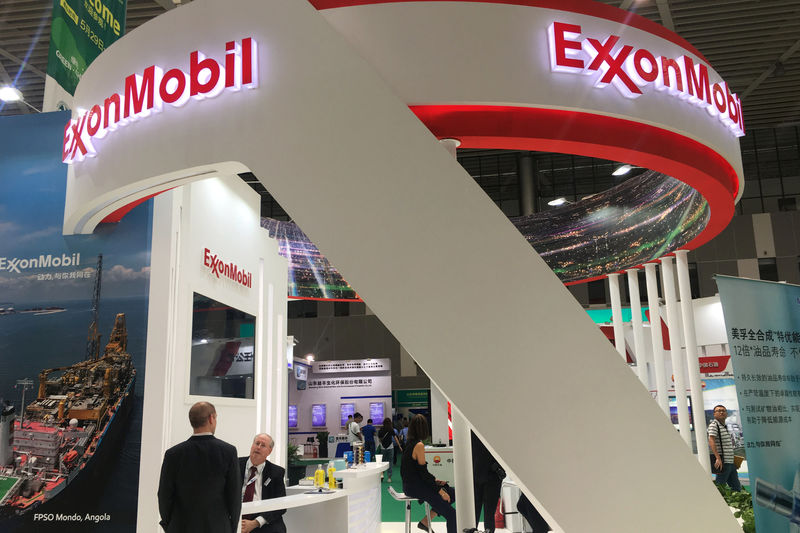Redburn Atlantic analysts downgraded both BP (NYSE:BP) and ExxonMobil (NYSE:XOM), a move that comes amidst a more cautious outlook for the oil market.
The equity research firm revised its oil price forecast, with the 2025+ assumption for Brent crude being lowered from $80 to $75 per barrel. This revision reflects expectations of a looser oil market with higher spare capacity as non-OPEC supply grows and demand, particularly in China, continues to disappoint.
“While dividends remain secure, variable buybacks will come under pressure next year and we forecast that at least half of our coverage will be forced to reduce payouts,” analysts said. “This leads us to take an incrementally more cautious view on the sector.”
The firm highlights that OPEC+ will likely need to extend its voluntary production cuts further to avoid oversupplying the market. However, even with these measures, analysts see the market moving from a deficit in the second half of 2024 to a surplus in the first half of 2025, creating additional downward pressure on oil prices.
As a result of this weaker macro backdrop, Redburn has downgraded BP from Buy to Neutral, lowering its target price from 570p to 500p.
The downgrade is driven by concerns over BP's financial position, as the company's buyback program may need to be cut next year. Analysts forecast a reduction in buybacks to around $4.5 billion in 2025, down from consensus estimates of $6 billion, and highlight BP's vulnerability to further commodity price declines due to its stretched balance sheet.
"We see no clear pathway to meaningfully degear the balance sheet, leaving the company among the most exposed to any further commodity weakness," notes are made.
ExxonMobil was also downgraded to Neutral, with a revised target price of $120, up from $119.
Analysts cite valuation concerns, noting that Exxon is trading at a 20% premium to its peers on 2025 estimated enterprise value to discounted after-tax cash flow (EV/DACF) and a 7.3% free cash flow (FCF) yield.
Despite Exxon’s strong balance sheet and growth-oriented portfolio, it is argued that these advantages are already reflected in the stock's performance, which has risen significantly year-to-date.
In addition, weaker refining margins present a near-term headwind for Exxon.
In contrast to BP and Exxon, Redburn maintains a more favorable outlook on Shell (SHEL) and Eni (E), citing their stronger balance sheets and more resilient distribution outlooks.
